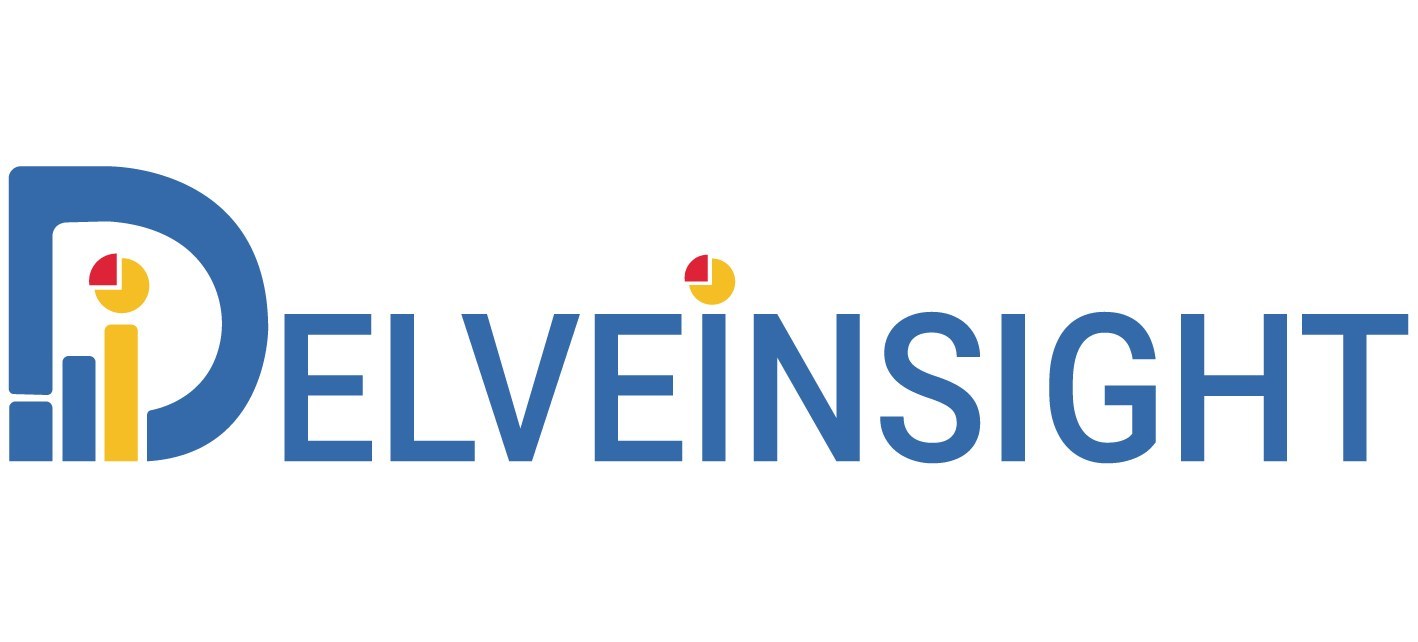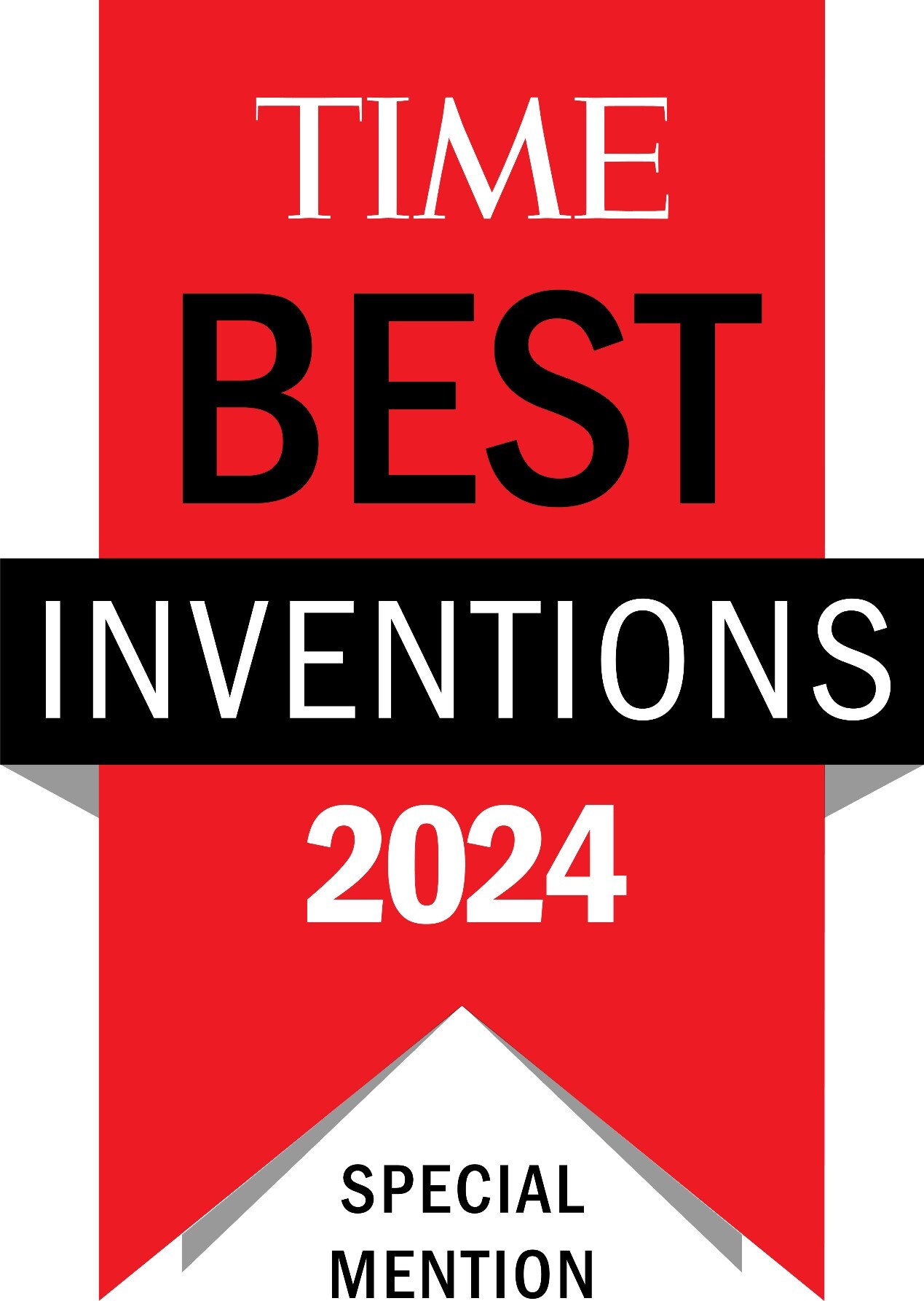
The neurological biomarkers market is expanding as neurological disorders, including dementia and Parkinson's disease, become more prevalent with an aging global population. Innovations in biomarker discovery, particularly in genomics and imaging, are improving diagnostic precision and supporting personalized treatments. Moreover, increased investments in neuroscience research and collaborations between academia and industry are driving the development of novel biomarkers.
LAS VEGAS , Oct. 30, 2024 /PRNewswire/ -- DelveInsight's Neurological Biomarkers Market Insights report provides the current and forecast market analysis, individual leading neurological biomarkers companies' market shares, challenges, Neurological Biomarkers market drivers, barriers, trends, and key market neurological biomarkers companies in the market. Key Takeaways from the Neurological Biomarkers Market Report As per DelveInsight estimates, North America is anticipated to dominate the global neurological biomarkers market during the forecast period.
In the application segment of the neurological biomarkers treatment market, the Alzheimer's disease category captured a significant revenue share in 2023. Notable neurological biomarkers companies such as Abbott, Merck KGaA, Quanterix, Bio-Rad Laboratories, Inc., Banyan Biomarkers, Inc.
, Quanterix, Thermo Fisher Scientific, Fujirebio, Bio-Techne, ADx NeuroSciences NV, F. Hoffmann-La Roche Ltd., BIOMÉRIEUX, Siemens Healthineers, Quibim, C2N Diagnostics, and several others, are currently operating in the neurological biomarkers market.
In April 2024 Labcorp launched a first-of-its-kind test for glial fibrillary acidic protein (GFAP), a critical blood-based biomarker for the early detection of neurodegenerative diseases and neurological injuries. The new GFAP test offered physicians a more efficient pathway to assess the presence and progression of neurodegenerative diseases such as Alzheimer's disease, multiple sclerosis, glioblastoma, and injuries like traumatic brain injury (TBI). In March 2024 , Merck, joined the observational LEARNS study to investigate the potential of digital biomarkers to evaluate and predict disease progression in Parkinson's disease patients.
In February 2024 , Abbott and Fujirebio announced that they are partnering to develop a research-use-only test for the neurofilament-light chain (NfL). The neurology biomarker assay will be available for use on Abbott's Alinity I instrument and will be offered to researchers conducting studies demonstrating the utility of the NfL biomarker, the companies said in a statement. The firms are aiming to make the test available by 2025, and it will be the first RUO assay for the Alinity I system, they added.
To read more about the latest highlights related to the neurological biomarkers market, get a snapshot of the key highlights entailed in the Global Neurological Biomarkers Market Report Neurological Biomarkers Overview Neurological biomarkers are measurable indicators found in biological fluids, tissues, or images that reveal insights into the structure, function, or pathology of the nervous system. These biomarkers are essential for understanding the underlying mechanisms of neurological disorders, including Alzheimer's disease, Parkinson's disease, multiple sclerosis, and traumatic brain injury. They are often used to identify disease onset, predict progression, and monitor responses to treatment.
Types of neurological biomarkers include proteins like amyloid-beta and tau, genetic markers such as APOE ε4, neuroinflammation indicators like cytokines, and neuroimaging markers, such as brain volume and cortical thickness, visible on MRI scans. These biomarkers serve as critical tools for early diagnosis and provide a pathway for personalized treatments tailored to each patient's specific disease profile. In recent years, advancements in biomarker research have enabled the development of minimally invasive tests, like blood-based assays and cerebrospinal fluid analysis, which are less burdensome compared to traditional brain imaging.
These advancements have the potential to enhance early detection rates and facilitate timely therapeutic interventions, improving patient outcomes. Moreover, neurological biomarkers play a vital role in clinical trials by helping to identify suitable participants, monitor drug efficacy, and assess safety. Emerging research is focused on multi-modal biomarker approaches, which integrate different types of biomarkers to achieve a more comprehensive understanding of complex neurological diseases.
This approach holds promise for improving diagnostic accuracy, understanding disease mechanisms, and guiding novel therapeutic strategies. Neurological Biomarkers Market Insights In 2023, North America dominated the neurological biomarkers market, driven by several critical factors such as the rising incidence of neurological disorders in the region. This growth is supported by an aging population, active research and development efforts, and a strong market for new product introductions and advancements.
Recent product launches and approvals also strengthen the neurological biomarkers market in North America . Notably, in July 2023 , Quanterix Corporation launched LucentAD, a test aimed at helping assess patients with cognitive symptoms linked to early signs of Alzheimer's disease. Innovations like these in diagnostic tools are essential for enhancing early detection and management of neurological conditions.
As a result, the North American neurological biomarkers market is projected to experience steady growth from 2024 to 2030, driven by increased awareness of neurological disorders, technological advancements, and a focus on improving patient outcomes through enhanced diagnostics. To know more about why North America is leading the market growth in the neurological biomarkers market, get a snapshot of the Neurological Biomarkers Market Outlook Neurological Biomarkers Market Dynamics The neurological biomarkers market is experiencing rapid growth, driven by the increasing prevalence of neurological diseases, advancements in biomarker research, and the demand for early diagnosis and personalized medicine . Neurological disorders like Alzheimer's, Parkinson's, multiple sclerosis, and stroke present significant healthcare challenges due to their complex pathology and often late-stage diagnosis .
Biomarkers provide a valuable means of detecting these conditions early, tracking disease progression, and monitoring responses to treatment, which has boosted both research investment and commercial interest in this field. The expanding aging population worldwide , with a higher susceptibility to neurodegenerative conditions, further fuels this market's growth. One of the primary market drivers is the rise in sophisticated technologies , including next-generation sequencing, proteomics, and metabolomics, which facilitate more accurate biomarker identification and validation.
These tools enable researchers and clinicians to uncover molecular signatures of neurological diseases, leading to the development of biomarker-based diagnostic tests that offer enhanced sensitivity and specificity. Additionally, advancements in imaging biomarkers , such as PET and MRI, allow for more precise visualization and quantification of brain abnormalities. This integration of molecular and imaging biomarkers is shaping a more comprehensive approach to diagnosing and monitoring neurological diseases.
Pharmaceutical companies are also playing a significant role in this market by focusing on biomarker discovery and development as part of their drug development strategies. Biomarkers help identify target populations for clinical trials, thereby increasing trial efficiency and reducing development costs . For example, biomarkers for amyloid plaques and tau proteins are crucial for Alzheimer's drug development, as they allow for more targeted patient selection and outcome measurement.
This collaboration between pharmaceutical and diagnostic companies to integrate biomarkers into clinical workflows is a driving factor for market expansion. However, the neurological biomarkers market also faces challenges, primarily related to regulatory complexities and the high cost of biomarker validation . Biomarker-based diagnostics require rigorous regulatory approval, particularly from bodies like the FDA, which demands robust evidence of clinical efficacy.
The process of validating biomarkers for clinical use is costly and time-consuming, involving extensive clinical trials to ensure safety and effectiveness. Additionally, the complexity of neurological diseases , often involving multiple pathways and biological processes, complicates the identification of reliable biomarkers, which can delay the translation of research findings into practical applications. Looking ahead, the market is poised to grow as researchers address these challenges and technology continues to evolve.
The adoption of artificial intelligence (AI) and machine learning in biomarker research holds significant potential, as these tools can analyze vast datasets to identify new biomarker candidates and optimize predictive models for neurological diseases. Furthermore, the trend toward personalized medicine is likely to intensify the demand for neurological biomarkers, as tailored treatments require precise diagnostic and prognostic tools. As a result, the neurological biomarkers market is expected to see continued innovation and expansion, with a focus on delivering solutions that improve patient outcomes in the face of complex neurological conditions.
Get a sneak peek at the neurological biomarkers market dynamics @ Neurological Biomarkers Market Dynamics Analysis Neurological Biomarkers Market Assessment Neurological Biomarkers Market Segmentation Neurological Biomarkers Market Segmentation By Product Type: Genomic, Proteomic, Metabolomic, and Others Neurological Biomarkers Market Segmentation By Application: Alzheimer's Disease, Parkinson's Disease, Autism, and Others Neurological Biomarkers Market Segmentation By Geography : North America , Europe , Asia-Pacific , and Rest of World Porter's Five Forces Analysis, Product Profiles, Case Studies, KOL's Views, Analyst's View Which MedTech key players in the neurological biomarkers market are set to emerge as the trendsetter explore @ Neurological Biomarkers Companies Table of Contents Interested in knowing the neurological biomarkers market by 2030? Click to get a snapshot of the Neurological Biomarkers Market Trends Related Reports Alzheimer's Disease Market Alzheimer's Disease Market Insights, Epidemiology, and Market Forecast – 2034 report delivers an in-depth understanding of the disease, historical and forecasted epidemiology, as well as the market trends, market drivers, market barriers, and key Alzheimer's disease companies, including BioVie, AB Science, Cassava Sciences, TauRx Therapeutics, Novo Nordisk, Eli Lilly, Athira Pharma, Alzheon, Eisai, among others. Alzheimer's Disease Pipeline Alzheimer's Disease Pipeline Insight – 2024 report provides comprehensive insights about the pipeline landscape, pipeline drug profiles, including clinical and non-clinical stage products, and the key Alzheimer's Disease companies, including Biogen, AZTherapies, Cerecin, Neurotrope, Synaptogenix, INmune Bio, Cassava Sciences, EIP Pharma, Neuraly, AB Science, Cortexyme, Anavex Life Sciences, Athira Pharma, Time Therapeutics, Denali Therapeutics Inc., Alector Inc.
, Lexeo Therapeutics, TrueBinding, Inc., Vaccinex Inc., Annovis Bio Inc.
, Eisai Inc., Hoffmann-La Roche, Ionis Pharmaceuticals, Inc., Otsuka Pharmaceutical Co.
, Ltd., Cognition Therapeutics, Merck Sharp & Dohme LLC, ImmunoBrain Checkpoint, AbbVie, AriBio Co., Ltd.
, Oryzon Genomics S.A., Eli Lilly and Company, Neurokine Therapeutics, Excelsior, Seelos Therapeutics, Inc.
, Janssen Research & Development, LLC, Shanghai Hengrui Pharmaceutical Co., Ltd., reMYND, Alzinova AB, VTBIO Co.
LTD, BioVie Inc., Prothena Corporation plc, Coya Therapeutics, Inc., among others.
Parkinson's Disease Pipeline Parkinson's Disease Pipeline Insight – 2024 report provides comprehensive insights about the pipeline landscape, pipeline drug profiles, including clinical and non-clinical stage products, and the key Parkinson's disease companies, including Cerevel Therapeutics, Inhibikase Therapeutics, Neuraly, Peptron, Biogen, Roche, Brain Neurotherapy Bio, Inc., Modag, Annovis Bio Inc., BioVie Inc.
, United Neuroscience Ltd., Luye Pharma Group, AbbVie, UCB Biopharma SRL, InnoMedica Schweiz AG, Integrative Research Laboratories AB, H. Lundbeck A/S, Shanghai WD Pharmaceutical Co.
, Ltd., Cerevance Beta, Inc., Nobilis Therapeutics Inc.
, BlueRock Therapeutics, Taiwan Mitochondrion Applied Technology Co., Ltd., among others.
Psychosis in Parkinson's and Alzheimer's Disease Market Psychosis in Parkinson's and Alzheimer's Disease Market Insights, Epidemiology, and Market Forecast – 2032 report delivers an in-depth understanding of the disease, historical and forecasted epidemiology, as well as the market trends, market drivers, market barriers, and key psychosis in Parkinson's and Alzheimer's disease companies, including Sunovion Pharmaceuticals, Karuna Therapeutics, Vanda Pharmaceuticals, Suven Life Sciences, Enterin, Intra-Cellular Therapies, Merck Sharp & Dohme, among others. About DelveInsight DelveInsight is a leading Business Consultant, and Market Research firm focused exclusively on life sciences. It supports pharma companies by providing comprehensive end-to-end solutions to improve their performance.
Contact Us Shruti Thakur [email protected] +14699457679 https://www.delveinsight.com/medical-devices Logo: https://mma.
prnewswire.com/media/1082265/DelveInsight_Logo.jpg SOURCE DelveInsight Business Research, LLP.














